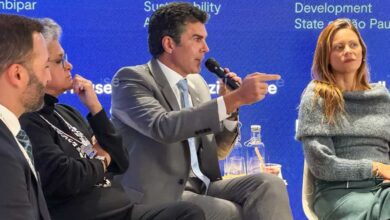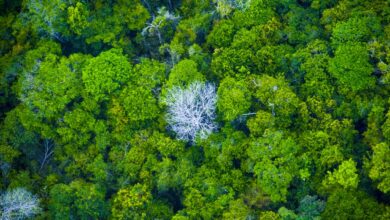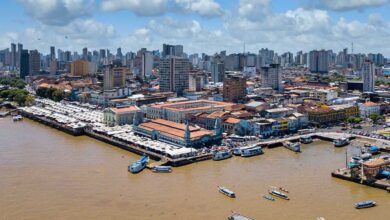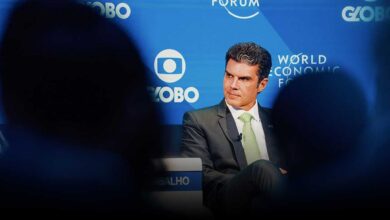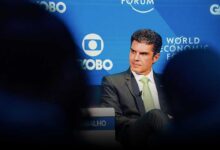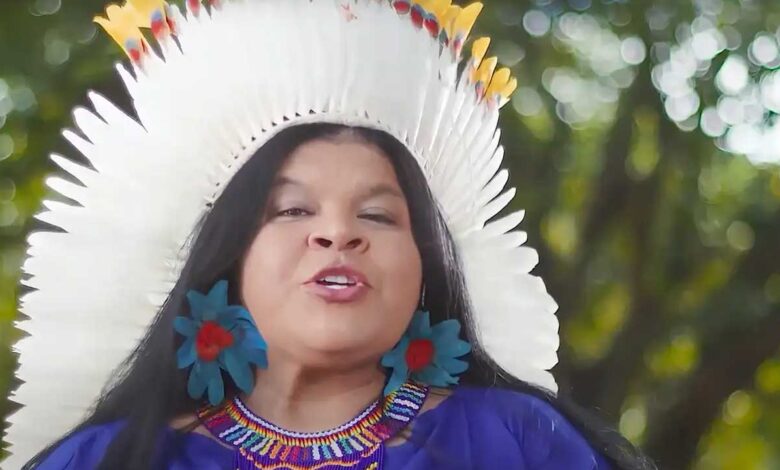
Minister says indigenous peoples preserve 80% of the planet’s biodiversity.
In a national radio and television address broadcast this Thursday (18), the Minister of Indigenous Peoples, Sônia Guajajara, highlighted the cultural richness of traditional populations and their role in preserving the environment.
“Indigenous territories preserve 80% of all biodiversity on the planet. And they are the areas where the lowest deforestation rates occur. Without our care for the environment, the climate crisis would worsen, causing droughts, floods, cyclones, and other even more severe events across the country,” stated the minister.
The address lasted almost five minutes and was aired one day before the Indigenous Peoples Day, celebrated on April 19.
“It is time to celebrate the cultural richness of the 305 indigenous peoples who live in our Brazil, who are part of the great mosaic of traditions and stories of resistance of our country. We live in forests, some of us in isolated areas, but we are also in cities,” observed Guajajara, also mentioning how indigenous people are integrated into the context of Brazilian society.
“We are doctors, educators, lawyers, social scientists, mayors, councilors, deputies. We inhabit all biomes: Amazon, Cerrado, Pantanal, Atlantic Forest, Pampa, and Caatinga,” she pointed out.
In the address, the Minister of Indigenous Peoples spoke about the actions of the federal government to address, for example, the crisis of the Yanomami people in Roraima, and the fight against criminal activities in the country’s largest indigenous land.
“We act vigorously against criminals who have destroyed their forests, contaminated rivers with mercury, killed fish, and brought diseases and hunger to our relatives,” said Sônia Guajajara. She also highlighted the fact that the country has, for the first time, an exclusive ministry dedicated to indigenous peoples, as well as indigenous people in key positions, such as the National Foundation for Indigenous Peoples (Funai) and the Special Secretariat for Indigenous Health (Sesai) of the Ministry of Health.
The minister also emphasized the holding of the United Nations Climate Change Conference in Belém in 2025, which, according to her, will have “the largest and best indigenous participation in the history of environmental agreements.”
Sônia Guajajara also pointed out the resumption of the policy of demarcating indigenous lands, which had been abandoned by the previous government.
On the eve of Indigenous Peoples Day, President Luiz Inácio Lula da Silva participated in the reopening meeting of the National Indigenous Policy Council (CNPI) and signed a decree demarcating two more indigenous lands. At an event at the Ministry of Justice and Public Security headquarters this Thursday (18), the indigenous lands Aldeia Velha, in Bahia, and Cacique Fontoura, in Mato Grosso, were homologated.
Source: Agência Brasil.


